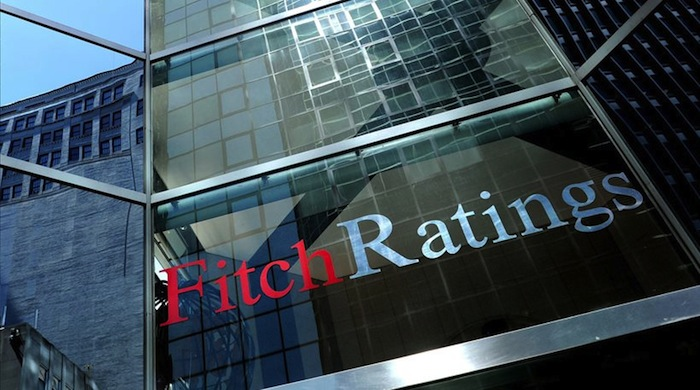Fitch Ratings has noted that sub-Saharan African (SSA) sovereign debt levels were stabilising following their recent sharp increase.
But the global rating agency warned that the growing use of the international capital markets may increase refinancing risk as the amount of international debt coming due rises.
Fitch, which stated this in its latest report on the continent obtained at the weekend, also pointed out that maturities appear manageable in the near term, but public financial management (PFM) in the region remains weak.
This, it pointed out, means capacity to manage refinancing risk is an important factor in our SSA sovereign credit assessments.
SSA sovereigns are making greater use of international debt market financing. This continued in first quarter 2018 with issues from Kenya (USD$2 billion), Cote d’Ivoire (EUR1.7 billion) and Nigeria (USD$2.5 billion). Ghana’s parliament last month approved plans for a eurobond issue.
“Tapping international capital markets can be an important financing option where liquidity in local funding markets is low. Long-dated international issuance can extend repayment schedules (Kenya and Cote d’Ivoire’s first quarter 2018 deals both featured 30-year tranches). Market access that allows for opportunistic international debt issuance is therefore beneficial for SSA sovereigns.
“However, the rise in debt since 2011, growing use of commercial funding, and in some cases currency depreciation have increased debt servicing costs in some countries. Seven of the 18 Fitch-rated SSA sovereigns had general government interest payments/revenues above 15per cent last year, the highest since at least 2000,” the agency explained.
It pointed out that borrowing in foreign currency in international markets also exposes sovereigns to FX refinancing risk and a potentially higher debt service/GDP burden in the event of local currency depreciation.
Thus, although it can appear cheaper if domestic interest rates are high, as in Nigeria, which used the proceeds of its February issue to refinance more expensive naira-denominated debt, it generally involves a net increase in risk, Fitch stated.













